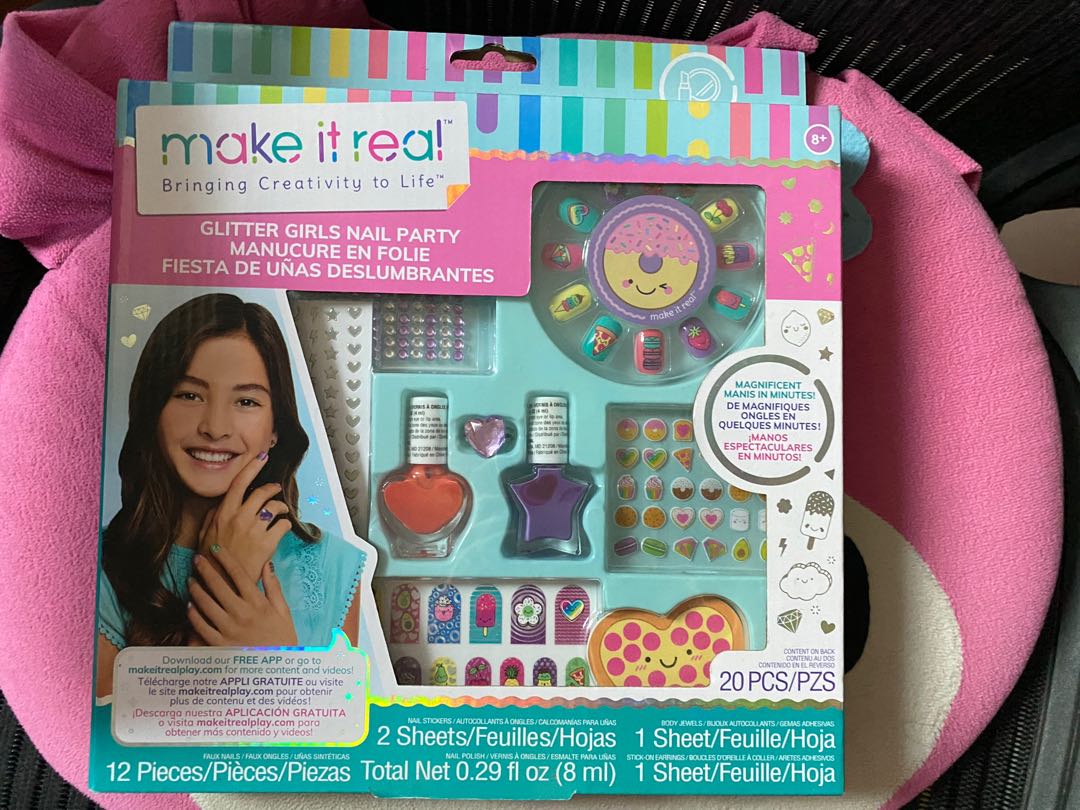Sometimes, a little sound might escape from down there, and it can catch you off guard. It’s a very common thing, you know, when air comes out of the vagina, and it can make a sound a bit like a puff of air or a soft release. Many people wonder about this, especially when it happens during moments that are supposed to be intimate or just during everyday movements.
You might find yourself feeling a little unsure or even a bit shy when this happens. It's truly a natural bodily function, just like many others, and it often happens without any real warning. People often search for information about these sounds, wanting to know what they are, why they happen, and if there is anything to do about them. This piece will go over those details for you, so you feel more at ease.
This natural phenomenon, which some call "queefing," is essentially air that has found its way into the vaginal space and then makes its way out. It is nothing to be worried about, really, and it is something many women experience. We will talk about what causes these sounds and some thoughts on how to just accept them as a normal part of life.
Table of Contents
- What Are These Sounds and How to Make Girl Queef?
- Why Do These Sounds Happen? Exploring How to Make Girl Queef
- Is It Normal to Hear These Sounds When Trying to Make Girl Queef?
- How to Handle These Sounds with Ease: How to Make Girl Queef
- The Role of Movement and Intimacy
- Pelvic Floor Strength and These Sounds
- Other Reasons for Vaginal Air Release
- A Final Thought on These Sounds
What Are These Sounds and How to Make Girl Queef?
So, what exactly are these sounds that sometimes come from the vagina? It is, actually, just air. Think of it as air that gets pulled into the vaginal space and then, when squeezed, it makes its way out. The sound you might hear is just that trapped air leaving. It is often described as a sound a bit like passing gas, but it is important to remember that it is not gas from your digestive system. It is simply air that has found its way into the vaginal canal. This is a very common thing, you know, and it happens to many people without any trouble at all. The term "queef" is, in a way, a casual word for this sound of air being released from the vagina. It is just air that gets caught inside and then gets pushed out. This can happen when something goes into the vagina, which can push air up inside. Because the vagina is closed at the back, the air has to come out the same way it went in. It is, really, a simple mechanical action.
Why Do These Sounds Happen? Exploring How to Make Girl Queef
These sounds, the ones that come from air moving out of your vagina, tend to happen during certain activities. For example, they often occur during intimate moments or when you are exercising. The reason is that during these times, the body moves in ways that can draw air into the vaginal space. When the body then shifts, or when muscles contract, that air gets pushed back out, making the sound. It is, in some respects, a very normal response to movement and pressure changes. Sometimes, too, your body might be shaped a little differently, perhaps after giving birth, and this can also make these sounds more likely. Or, perhaps, when you are feeling turned on, your vagina can do what is called "tenting," which means it gets longer and wider, and this can, arguably, let a bit of air in that then needs to escape.
Is It Normal to Hear These Sounds When Trying to Make Girl Queef?
Absolutely, it is very normal. Many people experience this, and it is nothing to be worried about or feel bad about. The sound your vagina makes during intimate moments or exercise is totally normal. It is just air, after all. Consider it like the sound of a bottle opening, perhaps, or a soft pop. It is not a sign of anything wrong with your body, and it is usually quite harmless. This common thing, which can feel a little awkward, is something that many women just deal with, and it is part of having a body that moves and changes. You know, sometimes it just happens, and it is not a big deal. It is just air getting pushed into the vagina and then making that sound when it gets pushed back out. It is, basically, just a body sound.
How to Handle These Sounds with Ease: How to Make Girl Queef
Since these sounds are a normal part of life for many, the best way to handle them is with confidence and a bit of humor. If the sound happens during intimate times, for example, you can just think of it as a natural part of the experience. Some people even find it a bit amusing, like the sound of a cork popping from a bottle of bubbly. It is just what it is, and there is no need to feel embarrassed about it. Making sure your body is comfortable in other ways, like having regular bowel movements with soft stool, can also help your overall comfort, which, in a way, might make you feel more relaxed about any body sounds. Just enjoy your intimate life, and if the sound happens, consider it like a little celebration noise. It is, really, just air, and it is not something that needs to make you feel bad.
The Role of Movement and Intimacy
During intimate moments, especially when your pelvis is angled upwards, which is often the case in many positions, these sounds can be almost unavoidable. Even in positions like missionary, you might hear these noises. This is because the movement and positioning can cause air to be drawn into the vagina. When you move, or when there is pressure, that air then needs a way out, and that is when the sound occurs. Certain positions, like doggy style, are, apparently, more likely to cause these sounds because of how the body is positioned and how air might get pushed in. It is just the mechanics of the body at play, nothing more. The vagina can do what is called "tenting" during intimate times, which means it gets longer and wider, and this can allow air to enter. When that air is then released, it creates the sound. It is, truly, just a simple process.
Pelvic Floor Strength and These Sounds
Sometimes, the strength of your pelvic floor muscles can play a part in how often these sounds happen. If these muscles are a little weak, or perhaps even too tight, it can affect how air moves in and out of the vagina. You can work on your pelvic floor muscles by doing simple exercises, like engaging them (squeezing them gently). This is just like any other muscle in your body; keeping it in good shape can help with its function. Also, issues like a prolapse, where organs might shift a bit, or even how pressure is managed in your abdominal area, can be connected to these sounds. It is all part of how the body works together. So, strengthening these muscles might, in some cases, help with how air moves in and out.
Other Reasons for Vaginal Air Release
While intimate activities and exercise are common reasons for these sounds, there can be other factors as well. Sometimes, it is just a matter of how your body is put together, perhaps after having a baby, your body might be shaped a little differently, which could lead to more air getting trapped. In very rare instances, these sounds could be a sign of something else, like a vaginal fistula, but this is not common at all. For most people, it is simply air that gets pulled in and then released from the vaginal canal. It is usually harmless, and it is just a natural part of how the body works. It is, basically, just trapped air coming out of your vagina, and it is not a sign of any serious issue for the vast majority of people.
A Final Thought on These Sounds
The sounds of air coming from the vagina, often called "queefing," are a very normal and common experience for many women. It is simply air that enters the vaginal canal and then gets released, making a sound. This often happens during intimate moments or physical activity due to body movements and positions. It is not a sign of anything wrong with your health and is usually harmless. While some people might feel a little shy about it, it is a natural body function that can be accepted with ease and even a bit of lightheartedness. Understanding why it happens, like how air gets trapped and then pushed out, can help you feel more comfortable with it. It is, you know, just a part of being human.
Related Resources:



Detail Author:
- Name : Hosea Jast
- Username : fhermann
- Email : cedrick.price@heaney.com
- Birthdate : 1988-08-22
- Address : 3000 Ike Bypass West Elizabeth, WV 92426
- Phone : (234) 926-6405
- Company : Dickens PLC
- Job : Welding Machine Tender
- Bio : Consequuntur perferendis sint voluptas dolor. Accusamus aut soluta impedit sit eos at nam. Sint quis accusantium occaecati ad sed et. Similique asperiores quos cumque cum consequuntur iste aperiam.
Socials
instagram:
- url : https://instagram.com/pattie_xx
- username : pattie_xx
- bio : Odit sunt sapiente beatae modi nihil nostrum quod. Reiciendis ut magni consequatur inventore quam.
- followers : 3877
- following : 2963
linkedin:
- url : https://linkedin.com/in/gaylord2017
- username : gaylord2017
- bio : Neque facilis accusantium quis in.
- followers : 4806
- following : 2947
twitter:
- url : https://twitter.com/gaylordp
- username : gaylordp
- bio : Quisquam alias at eius fuga. Ut cum quos provident dolor. Similique necessitatibus aut harum repudiandae.
- followers : 5414
- following : 515